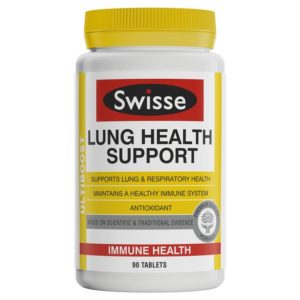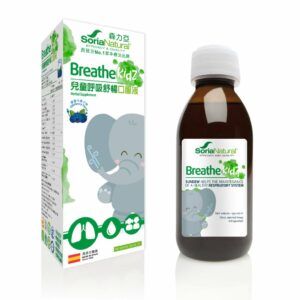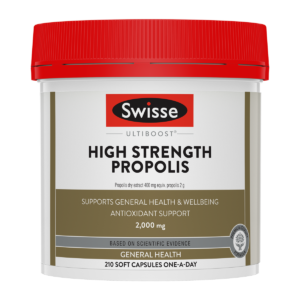Is it okay to drink milk and eat eggs when you have a cold and fever?
wheneverCold attackSore throat, cough, fever, and other uncomfortable symptoms can be very unpleasant. Besides seeking medical treatment and taking medication, many folk beliefs circulate about "dietary taboos" for colds, such as "you can't drink milk when you have a cold, otherwise..."Phlegm"You shouldn't eat eggs when you have a fever because it will raise your body temperature even higher," and so on. These statements may sound reasonable, but are they really true? Is there any scientific basis for these ideas?
Is it okay to drink milk when you have a cold?
One common question is: Is it okay to drink milk when you have a stuffy nose from a cold? Online and unofficial sources suggest that dairy products like milk, cheese, and ice cream can irritate the respiratory tract, leading to more and thicker phlegm or nasal discharge, and may even worsen the condition.Nasal congestionIt may trigger an inflammatory response, so it is recommended to reduce dairy consumption during a cold.
Such claims have existed for hundreds of years, appearing not only in some ancient Chinese medical texts but also in observations made by the renowned 12th-century physician Moses Maimonides. Even in 2004, a staggering 581 TP4T of respondents still believed that milk increased phlegm and thickened nasal mucus.
The human nasal cavity and respiratory tract naturally secrete mucus, commonly known as nasal mucus and phlegm. This mucus protects the respiratory tract lining and prevents external irritants and germs from invading. However, when you have a cold, excessive secretions can easily cause discomfort, such as nasal congestion and phlegm in the throat. Therefore, many people attribute these symptoms to drinking milk.
However, according to a study reported by the BBC, a research team at a South Australian hospital infected subjects with the common cold virus and then had them consume milk. The results showed that those who already believed milk increased phlegm production, despite their self-reported...More phlegmThe mucus and phlegm may become sticky, but in actual measurements, their nasal discharge and phlegm secretion were no different from those of people who did not believe this claim.
The results of this experiment show that there is no direct causal relationship between drinking milk and increased nasal discharge or phlegm. Currently, there is also no conclusive scientific evidence that dairy products worsen phlegm or nasal discharge in people with colds. Therefore, if you want to drink milk when you have a cold, there is no need to worry excessively. As long as it does not cause significant discomfort, drinking it in moderation is fine and will not worsen your condition.
Is it okay to eat eggs when you have a cold and fever?
Another common dietary myth concerns whether or not to eat eggs when you have a cold or fever. Some people believe that when you have a fever, your body is already in a high-temperature state, and consuming high-calorie foods like eggs will increase your body's heat, which may worsen your condition due to difficulty in dissipating heat. Therefore, they advise against eating eggs when you have a fever.
However, doctors point out that body temperature naturally rises slightly after eating. This is because the digestion and metabolism of food releases heat, which is a normal physiological phenomenon. This rise in body temperature caused by eating is extremely small and has almost no negative impact on the body.
Even during a cold and fever, eating one or two eggs is usually fine. Eggs are rich in protein and nutrients, which help replenish energy and boost immunity. Some traditional Chinese medicine practitioners also believe that when you have a fever, your body's resistance decreases and nutrients are lost quickly; moderate consumption of high-protein foods such as eggs can help the body repair and recover.
However, if you experience gastrointestinal discomfort, poor appetite, or indigestion during a cold, it is recommended to avoid consuming fried or overcooked eggs, as these types of eggs are more difficult to digest and may worsen stomach problems. In this case, it is advisable to choose milder cooking methods such as boiled or steamed eggs, and adjust the amount consumed according to your individual digestive condition.
In summary, there are no absolute taboos regarding whether you can drink milk or eat eggs when you have a cold. Drinking milk will not directly increase phlegm or nasal discharge, and eating eggs will not worsen a fever. The key factors are individual constitution and current physical condition.
If you don't have a significant allergy to dairy products or eggs, consuming these foods in moderation will not only not worsen your condition but will also provide the necessary nutrients to aid in recovery. Of course, if you experience gastrointestinal discomfort, excessive phlegm, or coughing during a cold, you can adjust your diet according to your individual situation, choosing light and easily digestible foods.
Most importantly, when you feel unwell, in addition to paying attention to your diet, you should also get plenty of rest and stay hydrated. If necessary, seek professional medical diagnosis and treatment to get rid of the discomfort of a cold more quickly.






































































